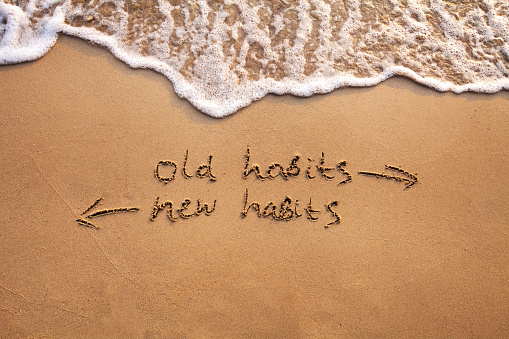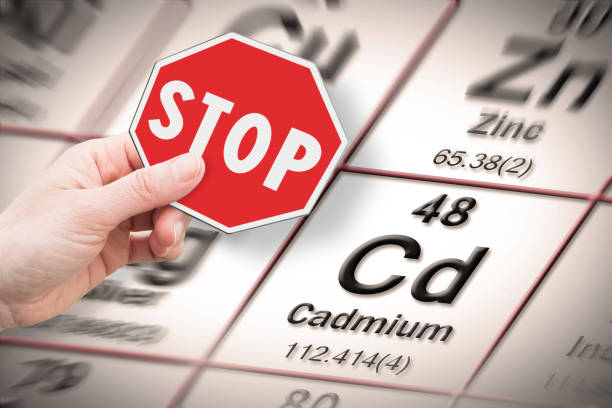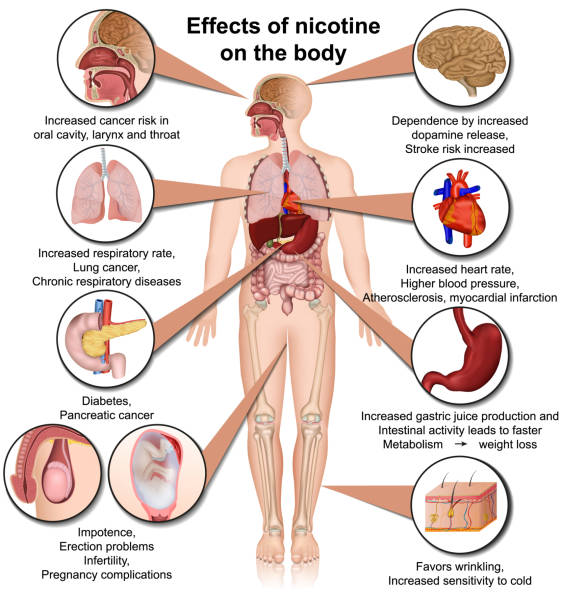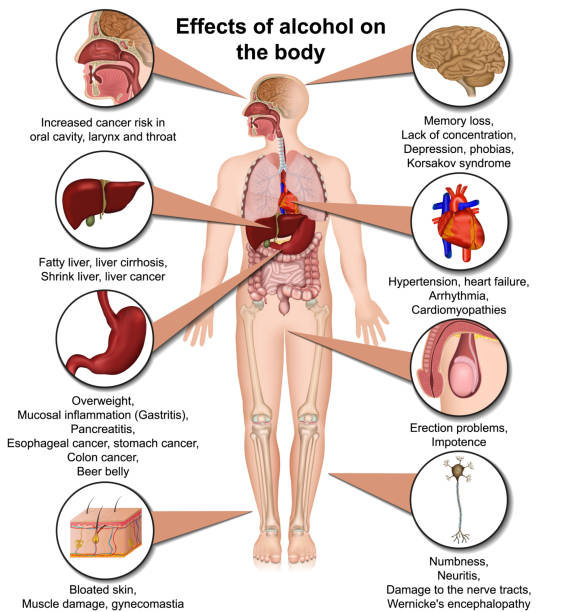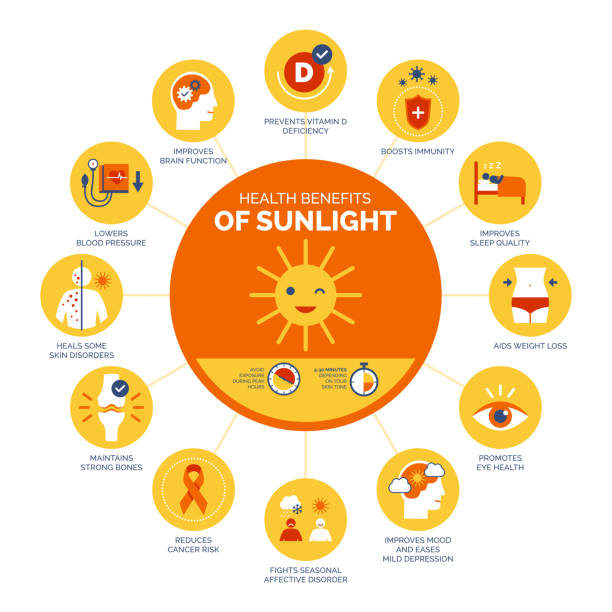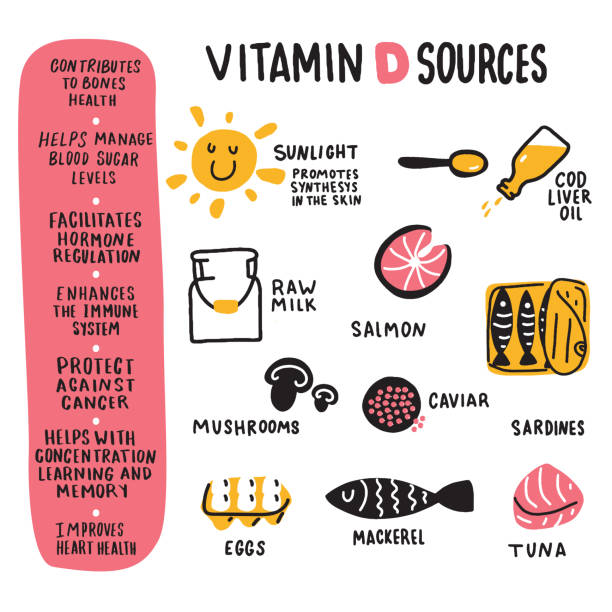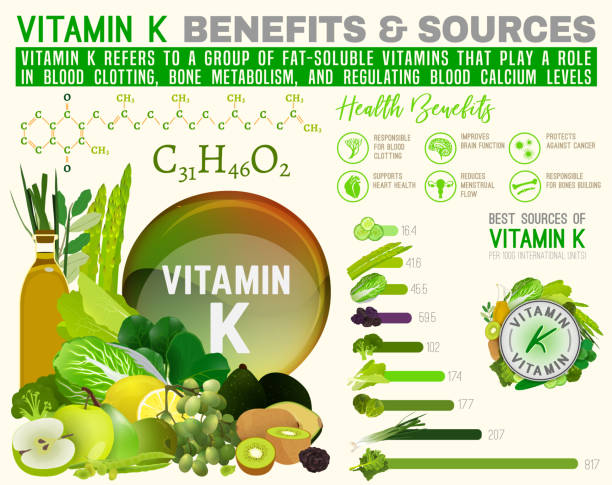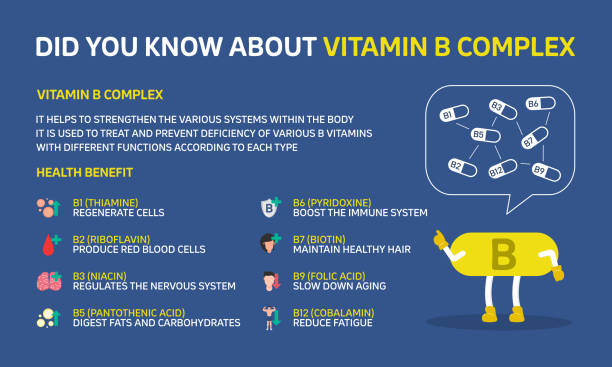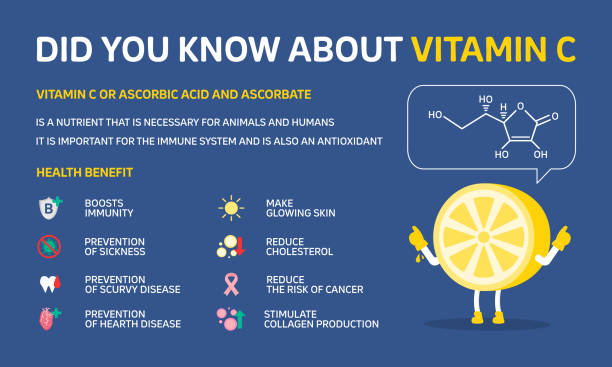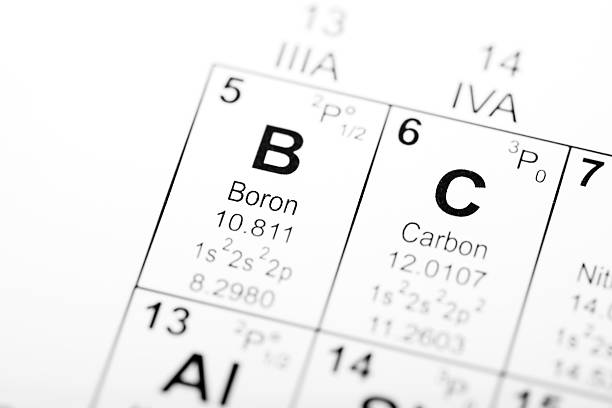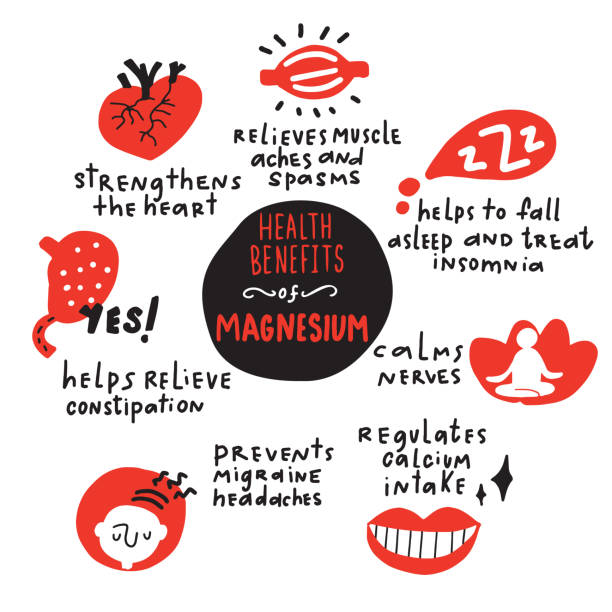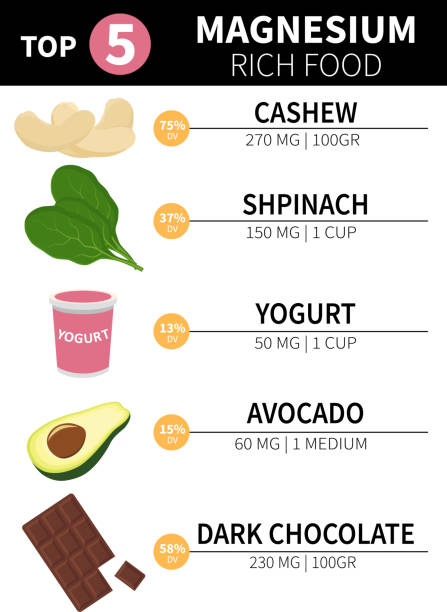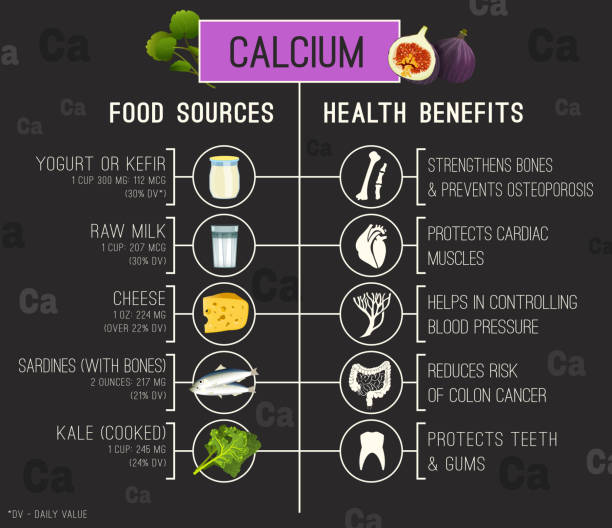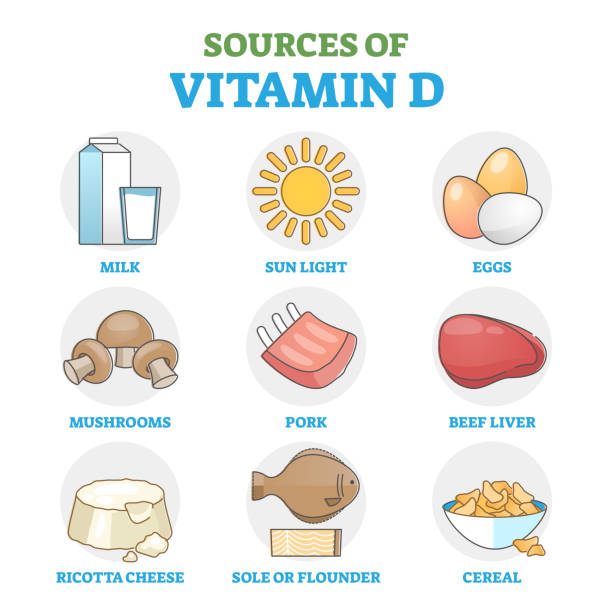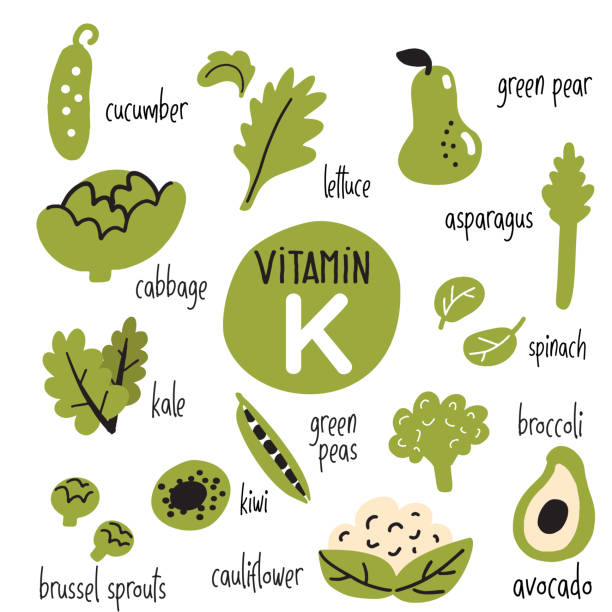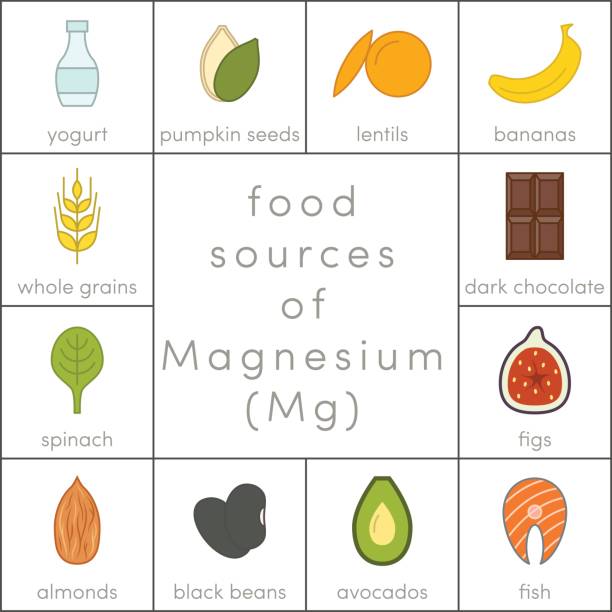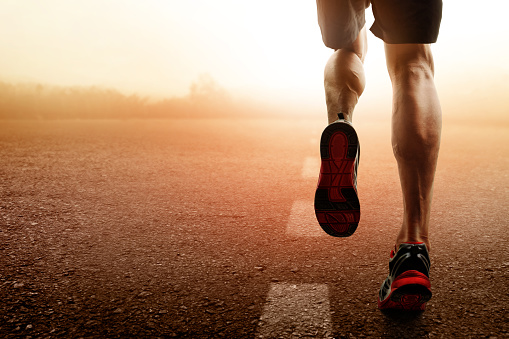Welcome to Fitness Deciphers…!!!
This is the most comprehensive guide on how to strengthen the bones.
Here, we will discuss the most effective ways to increase your bone strength and bone density.
I hope this in-depth article will help you in the same way it helped me a few years ago.
Before we start our discussion, we will go through some important points that are necessary for you to know.
Table of Contents
1. Why is it Important to Make Your Bones Stronger?
If your bones are weak, it is a direct indication that your bone density is lower.
Low bone density for a prolonged period can make you suffer from osteoporosis and many other bone-related diseases.
Weak bones can cause lots of problems in your 40’s and 60’s.
Do you know that after 40, men experience a 1-2% decline in bone mass per year? Women are at higher risk of bone loss after their menopause.
So it is extremely important to maintain the strength of the bones.
2. Is it possible to strengthen the bones?
Well, it is possible and easy to make your bones strong at a young age. But it is slightly difficult to make them strong as your age increases.
Still, with proper nutrition and exercise, you can make your bones strong.
But how to know that your bones are weak? The answer is below.
2. Symptoms of Weak bones
- Back pain
- Muscle or bone pain
- Neck pain
- Frequent fractures
- Change in posture
- Pain in joints
- Pain when you put a little bit of pressure on bones
- Bone tenderness
If these symptoms are found in your body for a prolonged period then you may suffer from osteoporosis.
3. Causes of weak bones
- Some prescribed medicines tend to decrease the strength of bones
- Vitamin D deficiency
- Excessive alcohol consumption
- Smoking
- Gastrointestinal diseases
- Andropause – Low testosterone results in low estrogen production to maintain bones.
- Aging
- Malabsorption of calcium
- Osteoarthritis
- Sedentary lifestyle
4. Habits That Are Responsible For Weak Bones
Here, we will discuss some habits that tend to decrease the strength of our bones. If you are habituated to any of these habits then avoid them as early as possible.
1. Smoking
It is found in many research papers that smokers tend to have low bone mass density and high fracture rates. They also lose bone rapidly.
A woman who tends to smoke can reach the stage of menopause (in which decreasing estrogen levels cause bone loss) two years before their non-smoking peers.
It is also found in research that smoking increases the risk of spinal osteoporosis by 230% in men.
But why smoking is so harmful to your body?
It is because of two reasons,
- Cadmium
- Nicotine
1) Cadmium
Cadmium is a toxic metal that stimulates the formation and activity of osteoclasts. Osteoclasts are the cells that break down the bones.
Cadmium also inhibits the inactivation of cortisol. Cortisol is necessary for humans but the excess amount of cortisol promotes osteoporosis and hypertension.
There are two main sources of cadmium. The first one is tobacco smoking and the second one is foods grown on cadmium contaminated soil.
Cigarettes are full of cadmium and around 10% of cadmium that it contains is inhaled through smoking. Cadmium is highly absorbed by our lungs than the gut.
(so smoking can cause more evil effects than foods contaminated with cadmium)
So smoking can be an easy source of cadmium in our bodies. According to research, smokers have high levels of cadmium in blood as well as kidneys.
So to minimize cadmium exposure, you should avoid smoking and also avoid hanging out with people who smoke because passive smoking is more dangerous than active smoking.
Apart from smoking, you should also check where your food is coming from. If it is coming from cadmium contaminated soil or water then you should also avoid eating it.
2) Nicotine
Nicotine even in low amounts can depress osteoblast activity. The osteoblast is the activity in which a protein called osteocalcin is secreted.
This protein plays a key role in depositing calcium in bones.
Osteocalcin also plays a key role in increasing insulin sensitivity thus keeping your weight in control.
In short, More nicotine = More bone loss
When you stop smoking completely, you can bring back your ability to build bones.
Whenever anyone asks me how to strengthen the bones, I always advise him/her to quit smoking.
2. Excess consumption of Alcohol
Here I have mentioned excess and not limited. It is because the toxic effect of alcohol on bones is found to be dose-dependent.
That means if you consume it more, the bone loss will be more.
There was large research conducted in which they allowed more than 11,000 women and 5000 men to drink 2 or less than 2-ounce alcohol daily.
But their bodies didn’t show the bone loss or any fracture risk.
Here is the complete guide to getting rid of alcohol addiction.
But when they were told to consume more than 2-ounce alcohol daily, the risk of osteoporosis increased by 38%.
So limited alcohol consumption didn’t show the weakening of bones but excess consumption showed bone weakening.
We often hear that beer and wine are good for bones…is this true?
Let’s see.
Why beer and wine are considered good for bones?
The beneficial effects of beer and wine are due to the presence of silicon in them. One can of beer approximately contains 7 mg of silicon and a 4-ounce glass of wine contains 1 mg of silicon.
Red wine also contains resveratrol which has been shown to have an estrogenic effect. So it tends to prevent bone loss in postmenopausal women in whom estrogen levels are low.
But excess consumption of alcohol is always bad for bones as well as for overall health.
However, I am always against the consumption of alcohol to get silicon. Because I can get 5 mg of silicon from a half cup of boiled spinach.
That’s it.
Then why should we consume alcohol???
3. Sedentary Lifestyle
If you want to keep your bones strong then you have to live an active life. If you pass most of your day sitting on the chair or laying down on the couch or bed then,
you are on the way to weakening your bones.
An active life promotes strong bones by stimulating osteoblast.
It is found in research that if young people exercise regularly then they can increase their Bone Mineral Density (BMD) by 2-5% a year.
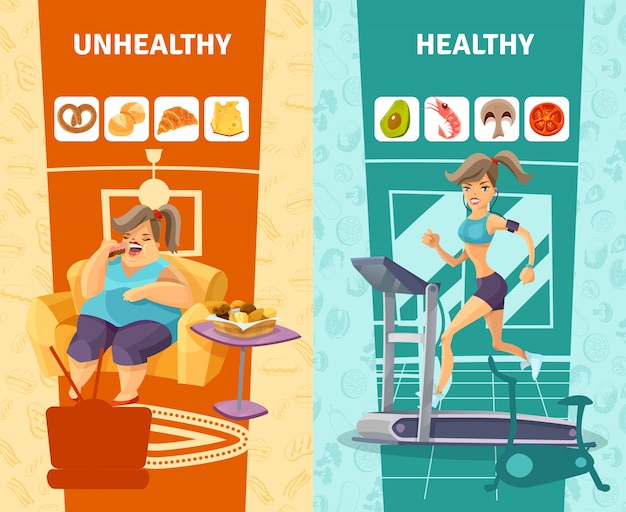
Whereas old people can experience a net gain of 1-2% a year.
For postmenopausal women, aerobics, weight-bearing, and resistance training are best to increase the bone mineral density of the spine.
Whereas walking is best to increase the BMD of hip bones.
If you can’t do any exercise, just try to walk for at least 15-20 minutes a day. It will also help you gain bone mass.
Even if you have been diagnosed with osteoporosis, living an active life can immensely help you to regain bone strength.
4. Not getting enough SunLight
Sunlight is extremely beneficial to strengthen the bones.
I have come across many people who avoid the sun because of the darkening of their skin.
Sorry to be harsh but it is complete madness.
You should spend 15-20 minutes in sunlight in the morning.
Sunlight is the best source of vitamin D3. Without vitamin D3, your body can’t absorb the calcium that you intake from food.
Some people take supplements for vitamin D3. But sunlight provides you with 100% free, natural vitamin D3.
Then what about the darkening or redness of skin?
The sunlight of early morning doesn’t cause that much darkening or redness of skin so don’t worry about it.
Not just vitamin D3, sunlight has other benefits too. Which are depicted in the below image.
5. How to Strengthen The Bones?
After discussing all the important facts, let’s start discussing the ways to improve your bone strength.
There are generally three best ways to increase your bone strength.
- Consume foods that are rich in vitamins and minerals that you need to increase bone strength
- Avoid foods that decrease the bone strength
- Practice bone-strengthening exercises daily
Here, we will discuss all of these step by step.
Let’s start.
Important Vitamins & Minerals to Make Your Bones Stronger
After discussing the habits that cause the weakening of bones, now we will discuss some important vitamins and minerals that your body must need to strengthen the bones.
I know everyone knows that vitamin D, calcium, and estrogen keep the bones strong. But in fact, there are more dozen vitamins and minerals that we need to keep our bones healthy for a lifetime.
Such as vitamin K2, B6, B12, folate, and minerals such as boron, magnesium, phosphorous, zinc, manganese, copper, silicon, molybdenum, selenium, calcium, etc.
1) Vitamin D
Vitamin D is important for bone strength as it helps in calcium absorption from the intestines. It also helps in re-absorbing calcium from the kidneys so it doesn’t get secreted in urine.
The deficiency of vitamin D doesn’t only lead to bone weakness but also leads to a risk of osteoporosis.
That’s why it is very important to ensure its optimal amount in our bodies.
Go Deeper :
How much vitamin D do you need?
The recommended intake of vitamin D is between 400 – 800 IU/day. Many vitamin D experts are now recommending 2000-5000 IU/Day. Some even recommend 10,000 IU/day.
The average intake of every American is 200 IU/day from fortified milk and fatty fish like salmon and sardine.
Which is very low as compared to the recommended dose.
You should check your vitamin D levels. It shouldn’t be less than 30 ng/ml. Many health experts now consider 50 ng/ml to be the optimal level.
How to ensure its optimal levels?
If you lack the optimal level then you must go for supplements for some time.
The vitamin D council recommends taking 5000 IU of vitamin D per day for 2-3 months then again get your vitamin levels checked.
What to check in Vitamin D supplement?
There are two forms of vitamin D available in the market. The first one is vitamin D3 (cholecalciferol) and the second one is vitamin D2 (ergocalciferol)
Vitamin D2 is plant-derived vitamin whereas vitamin D3 we get from sunlight and foods like salmon and sardine.
Vitamin D2 and D3 are combinedly called Provitamin D.
You have to go for vitamin D3 as it is more biologically active than vitamin D2.
Vitamin D3 is 2.3 times more effective than vitamin D2 in increasing and maintaining vitamin D levels in the blood.
2) Vitamin K
Vitamin K is known to perform many life-saving duties in our bodies. One of them is to help our blood clot. This work is done by vitamin K1.
To strengthen the bones, we need vitamin K2.
Because vitamin K2 ensures that calcium is deposited in the bones and not in arteries.
When we eat green leafy vegetables, we get vitamin K1 that gets converted into vitamin K2 by the health-promoting bacteria in our intestines.
This vitamin K2 activates one protein called osteocalcin that is required for the proper deposition of calcium.
Osteocalcin then attracts the calcium molecules to form the bone matrix.
Vitamin K2 also rebuilds the bones in osteoporosis patients.
That’s why we are told to eat more green leafy vegetables. Because they contain lots of vitamin K which we need to strengthen the bones.
(Today I can understand why Popeye the sailor man used to promote eating spinach.)
It is also found that the combination of vitamin K2 and vitamin D3 has an amazing effect on bone strength.
Vitamin D3 promotes the production of osteocalcin and matrix-Gla protein. But they both need vitamin K2 to get activated.
The combination of both is found to be great for increasing Bone Mineral Density (BMD).
But here is one problem…
Even if you eat more cups of green leafy vegetables, there is a chance you won’t get much vitamin K to strengthen the bones.
Why?
It is because ensuring sufficient vitamin K1 for blood clotting is our bodies’ first priority. After ensuring the optimal levels of vitamin K1 for blood clotting, the remaining vitamin K1 gets converted into vitamin K2.
Research shows that only 6% of the vitamin K1 of green leafy vegetables gets converted into vitamin K2.
As the conversion of vitamin K1 to K2 happens in your intestine, this conversion also depends on the health of your intestines and how well supplied your intestines are with probiotic bacteria.
If you are suffering from gastrointestinal problems then the conversion of K1 into K2 will be reduced no matter how much vitamin K1 you intake.
How much vitamin K do you need daily?
According to the US Food and Nutrition Board of the Institute of Medicine, men need 120 mg per day and women need 90 mg per day.
3) Vitamin B ( B6, B12, Riboflavin, and folate)
Vitamin B is very important to strengthen the bones.
The reason is here.
In our bones, there is an extremely important protein called collagen. Collagen protein forms the organic part of the bone matrix.
But homocysteine interferes with collagen cross-linking resulting in a defective bone matrix and increased bone weakness.
This homocysteine has many more adverse effects on our bones.
That’s where vitamin B comes into the picture.
Vitamin B tends to lower the homocysteine levels in our bodies.
4) Vitamin C
Vitamin C is very important to strengthen the bones. It also plays a key role in the maintenance of strong bones.
Why?
It is because 90% of the protein found in the bones is collagen. Vitamin C plays a key role in the production of collagen.
Vitamin C also stimulates the osteoblasts. They are the cells that build the bones.
Vitamin C is also one of the body’s antioxidants that reduces inflammation.
That’s why it is very important to ensure the optimal levels of vitamin C to strengthen the bones.
Vitamin C can also increase the ability of our body to increase the iron from plant foods such as spinach.
I never recommend taking vitamin C supplements because it is very easy to get it from natural foods such as lemon, orange, kiwi, guava, etc.
But if you still want to take a vitamin C supplement then go for the buffered version of vitamin C.
The buffered version of vitamin C comes in the form of powder with added minerals such as potassium, calcium, and magnesium.
When you mix it with water, it becomes a fizzy drink that you can enjoy without irritating your sensitive stomach.
5) Calcium
Calcium is one of the most abundant minerals in the body. Our bodies contain calcium of 1.5% of total body weight. And 99% of the calcium in our bodies is stored in the bones and teeth.
That makes calcium a must-consume mineral to strengthen the bones.
The remaining 1% of calcium is required to do other important work and it remains in the blood.
When we don’t consume a sufficient amount of calcium, our bodies start using calcium stored in our bones. This reduces the bone mineral density of our body.
This results in the weakening of the bones.
Calcium joins with phosphorus to make calcium phosphate which provides structure and strength to our bones.
It is also found that when postmenopausal women start taking calcium supplements, it reduces their bone loss in them by 30-50%.
Does your stomach acid levels affect calcium absorption?
Yes, but not directly.
Then how?
Look, the absorption of calcium happens in the lower intestine where you don’t need stomach acid to digest it. But in order to make it absorbable, it is made soluble and ionized by the stomach acid.
If you have low stomach acid levels no matter how much calcium you consume it won’t benefit you.
It is found in research that 40% of postmenopausal women are deficient in stomach acid.
People who take antacids frequently also tend to have lower levels of stomach acid.
So low stomach acid levels can also be harmful to your bones.
I always recommend people that if they want to take a calcium supplement then take it with the meal. Because when you are taking the meal, you are secreting stomach acid and it will be easy for you to absorb more calcium.
Many people eat a very small piece of calcium carbonate with yogurt with the meal to increase calcium levels. Many people dilute it with a glass of water and drink it.
No matter how you eat but never consume calcium of more than 3000 mg as it could result in hypercalcemia. It is a condition of elevated calcium in the bloodstream.
Consuming calcium in excess amounts can also cause kidney stones. The upper limit for consuming calcium is 2500 mg per day.
6) Boron
Boron is known as a “trace mineral”. That means our bodies just need boron’s trace to function properly. Though in a very small amount but boron is needed (3-5 mg a day).
Boron converts the estrogen into 17-beta-estradiol. This form of estrogen increases the absorption of magnesium by our bones.
Magnesium is also a key mineral to strengthening our bones. With calcium and phosphorus, it makes the crystal lattice structure of our bones.
The US Department of Agriculture once conducted an experiment in which postmenopausal women were asked to take 3 mg of boron a day. Then they concluded that boron reduced the women’s excretion of calcium by 44%.
(source – How you can prevent osteoporosis)
So you have to ensure the optimal levels of boron to get stronger bones.
Raisins are the richest source of boron.
The other sources are peanuts, dried apricot, almonds, walnuts, hazelnuts, etc.
7) Magnesium
As mentioned above, magnesium forms the crystal lattice structure of bones with calcium and phosphorus.
It is involved in so many bodily activities that we need hundreds of mg of magnesium.
Magnesium also converts vitamin D into its most active form so that it can absorb more calcium.
Almost 66.66% of the total magnesium in the body goes to the bones.
Just like calcium, when we don’t consume the proper amount of magnesium, our bodies start using magnesium from our bones.
Magnesium also maintains a sufficient amount of calcium in our bloodstreams. So not having magnesium can easily lead to bone loss.
Ensure 320-420 mg per day of magnesium intake.
Symptoms of magnesium deficiency
- Muscle weakness
- Leg cramps
- migraine
- Increased blood pressure
- Transient ischemic attacks
The latest research shows that if you are taking more than 2000 IU of vitamin D per day then you have to ensure optimal levels of magnesium.
Otherwise, you have to start magnesium supplements too.
8) STRONTIUM
Strontium tends to slow down the development of osteoclasts as well as it also promotes the development of osteoblasts.
Many studies that were done on the strontium to check its beneficiary effects show that it is actually useful to increase bone strength and prevent bone loss.
Beets, brazil nuts, and cabbage are the main sources of strontium.
5. What Foods Should You Eat to Increase Bone Strength?
Making food lists that strengthen the bones is very easy.
Just check whether any food contains the vitamins and minerals discussed above or not.
If any food contains more than two vitamins and minerals then you should go for it.
1) Foods rich in calcium (to strengthen the bones)
1. High calcium foods
- Yogurt
- Cheese
- Milk
- Cereal
- Sardine fish
- Cereal
- Tofu and soy milk fortified with calcium
2. Moderate calcium foods
- American cheese
- Bagel
- Almonds
- Dried beans and seeds
- Salmon fish
- Crab
- Figs
- Oatmeal
- Kale
- Oysters
- Spinach
- Orange
- Okra
- Soy milk (not fortified with calcium)
3. Low calcium foods
- Blackberry
- Brussels sprouts
- Cabbage
- Egg Whole
- Kiwi
- Shrimp
- Tofu (unfortified)
- Sunflower seeds
- Broccoli
4. Very low calcium foods
- Meat and poultry
- Canned tuna
- popcorn
2) Foods rich in vitamin D3 (to strengthen the bones)
- Fatty fish (such as trout, tuna, salmon, and mackerel) and fish liver oils are among the
best natural sources of vitamin D. - In the USA, soy milk, oat milk, and almond milk are generally fortified with vitamin D3
- Beef liver, egg yolks, and cheese contain a small amount of vitamin D3
- Some mushrooms are exposed to ultraviolet rays to increase their vitamin D3 content
As mentioned above, the only best source of vitamin D3 is early morning sunlight.
3) Foods rich in vitamin K (to strengthen the bones)
- Broccoli
- Brussels sprout
- Cabbage
- Kiwi
- Dried black eye peas
- Tuna
- Spinach
- All green leafy vegetable
- Onion
- Kale
- Lettuce
- Asparagus
4) Foods rich in magnesium (to strengthen the bones)
- Peanuts
- Cashew
- Pumpkin seeds
- Sunflower seeds
- Salmon
- Halibut
- Brazil Nuts
- Tomato
- Sweet potatoes
5) Foods rich in boron (to strengthen the bones)
- Raisins
- Prune
- Peach
- Grape juice
- Avocados
- Potatoes
6) Foods rich in vitamin C (to strengthen the bones)
- Almost all citrus fruits such as kiwi, mango, strawberry, guava, orange, papaya, pineapples, etc
- Broccoli
- Brussels sprouts
- Lemon
- Red pepper
- Green pepper
6. What Foods Lowers The Bone Strength?
Avoid these foods if you are serious to strengthen the bones. Because these all foods are roadblocks in the journey of strengthening your bones.
1) Salty foods
Eating foods that are loaded with salt (sodium) can make you lose calcium in your body and lead to reduced Bone Mineral Density (BMD).
Limit the sodium intake up to 2400 mg or less.
Salt is said to rub the calcium from your bones so stay away from such foods
2) Foods highly rich in protein
Protein is very important for the body but if you are consuming lots of protein then it is bad for bones as well as muscles.
If you are building your body and focused on a high protein diet, you can fulfill your loss by getting enough calcium from dairy products such as yogurt and milk.
3) wheat bran
Wheat bran contains high amounts of phytates that prevent your body from absorbing calcium.
Here one thing should be noted foods with 100% wheat bran are only found to prevent calcium absorption. In bread, the concentration is very low and it doesn’t seem to have any bad effect on calcium absorption.
4) Alcohol
Intaking alcohol heavily can lead you to bone loss easily. Avoid drinking alcohol more than 2-3 drinks a day.
5) Coffee/tea
Drinking coffee or tea more than 3 cups a day tends to cause bone loss.
6) Soft drinks
According to many studies, carbonation doesn’t cause any bad effect on the bones.
According to many health experts in the USA, soft drinks won’t cause any bad effect on your bones as far as you are getting enough calcium.
But always avoid drinking soft drinks over milk or any other calcium-fortified beverages.
7. Which Exercises Increase The Bone Strength?
1. Why should you exercise?
Bones are living tissues like muscles. They respond to exercise by getting stronger. It is found that young men and women who exercise regularly can increase their bone density easily.
People above 30 years can maintain their bone mass or lower the bone loss rate by exercising regularly.
Regular exercises can also increase muscle strength, balance, and coordination which can help to prevent falls and fractures.
2. Which exercises are best to strengthen the bones?
Weight-bearing and weight resistance are considered the best exercises to increase bone strength.
In weight-bearing exercise, you have to work against gravity. This exercise includes jumping, climbing stairs, walking, hiking, dancing, etc
Resistance exercise includes lifting weights.
Do exercise for at least 30 minutes daily.
If you are suffering from osteoporosis or any other bone-related issues, talk to your doctor before starting any exercises.
Go Deeper :
Conclusion
Here we have gained in-depth information about how to strengthen the bones.
Bone strengthening is not a very difficult task. You just have to be serious about your daily habits, diet, and lifestyle.
Let’s summarize this article,
Habits to avoid
- Smoking
- Excess alcohol consumption
- Not getting enough sunlight
- Living a sedentary lifestyle
Vitamins and minerals to strengthen the bones
- Vitamin D3
- Vitamin K
- Vitamin B complex
- Vitamin C
- Calcium
- Magnesium
- Boron
- Strontium
Foods to strengthen the bones
- As mentioned above
Exercises to strengthen the bones
- Weight-bearing exercises
- Resistance exercises
I hope you like this article and soon start your journey to increase bone strength.

